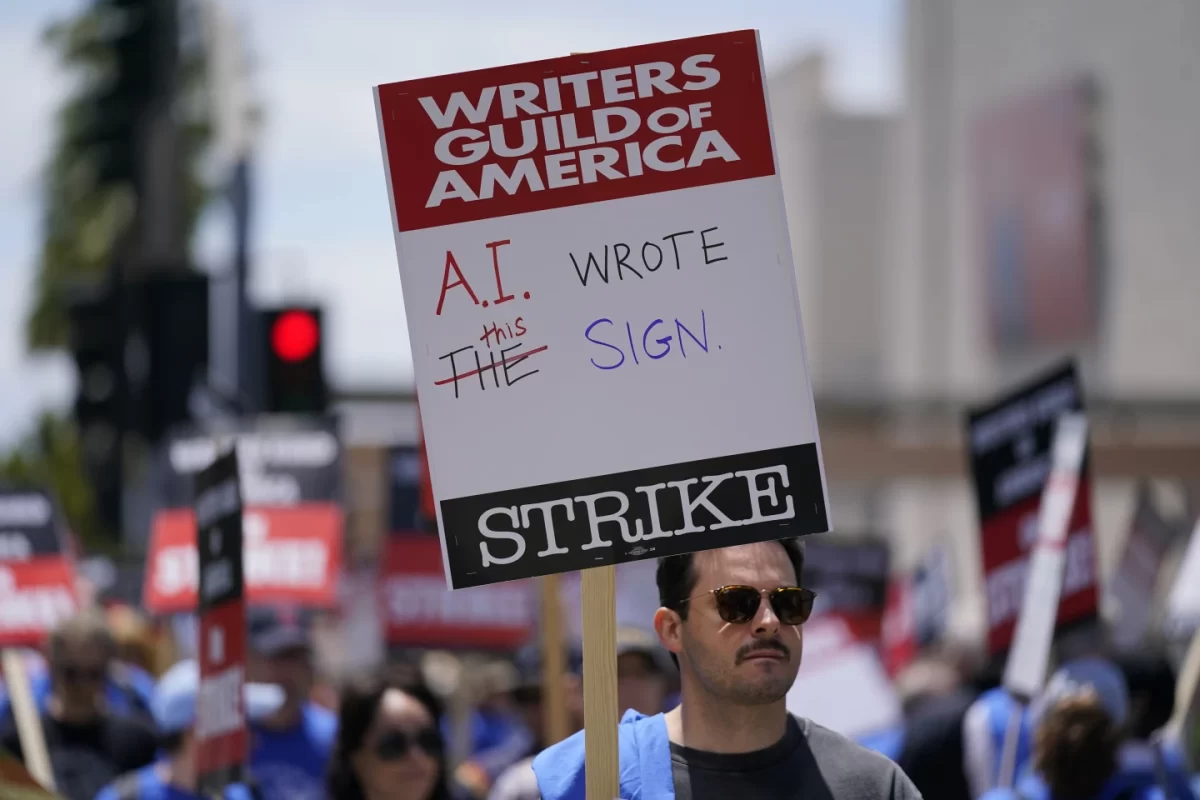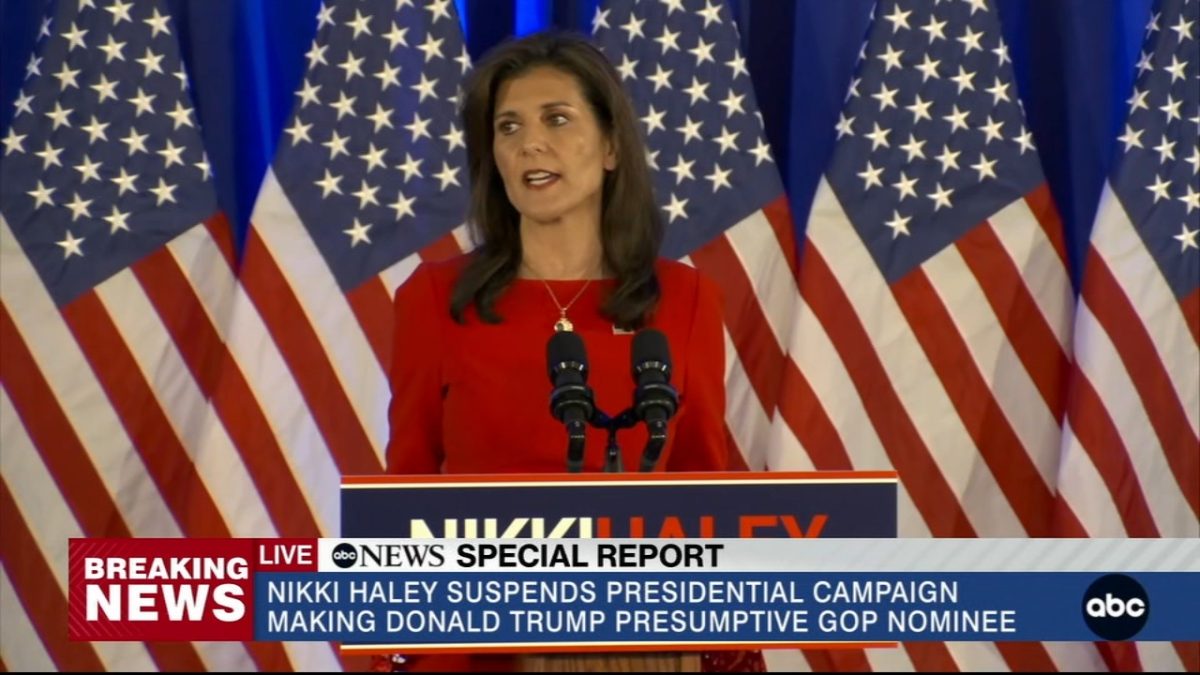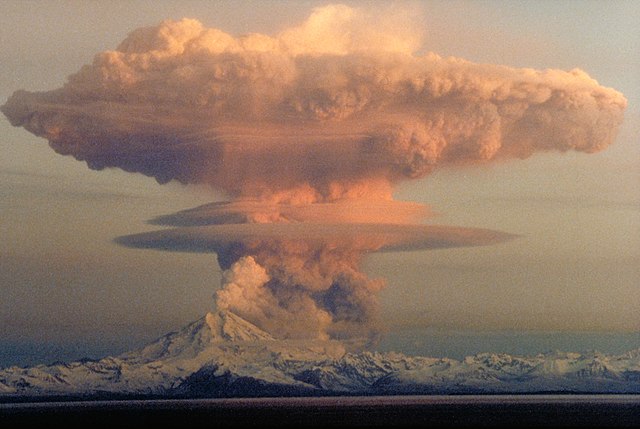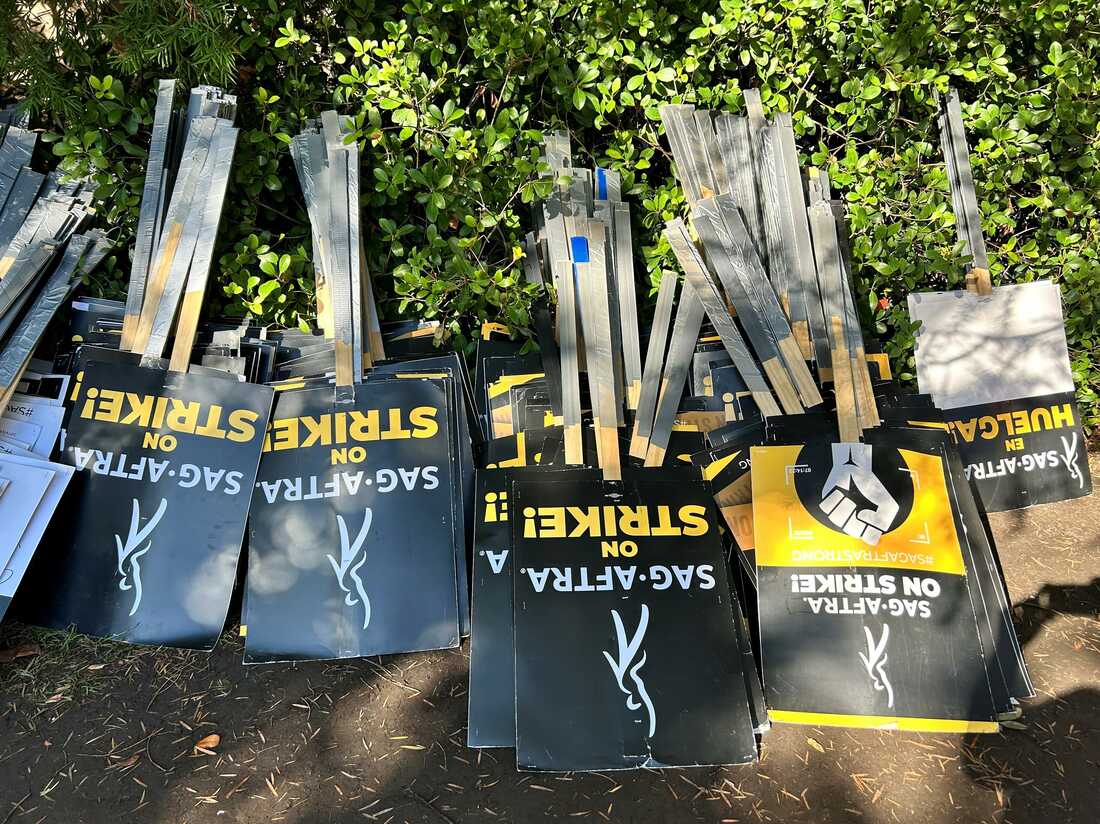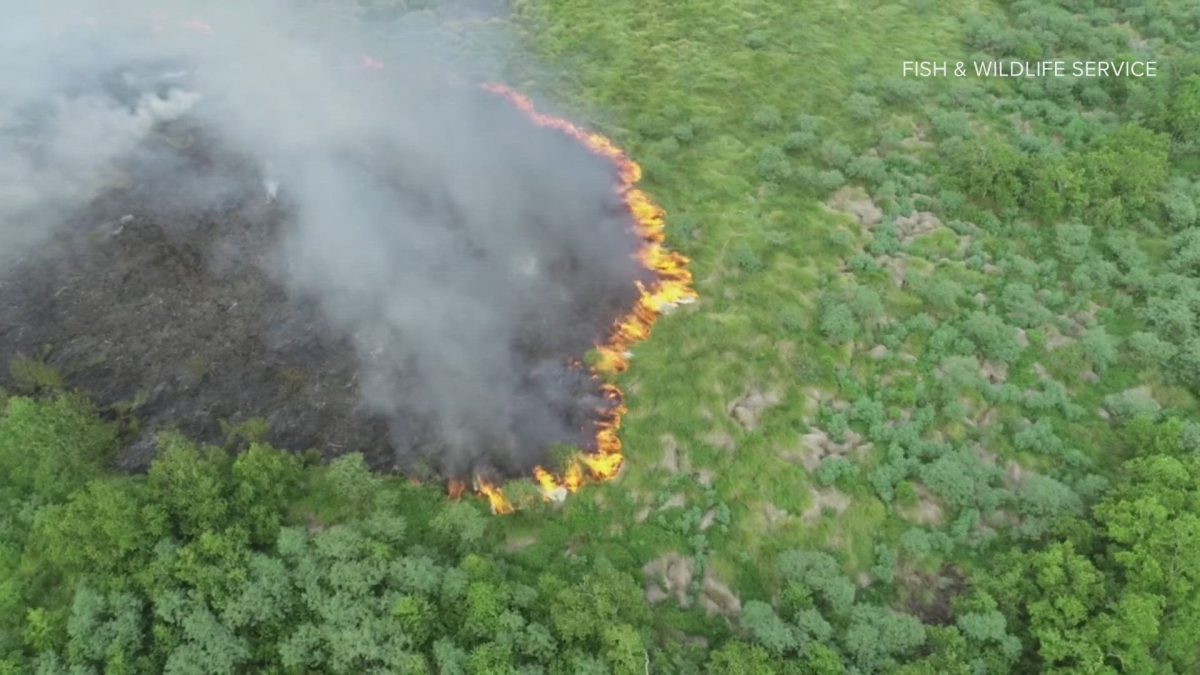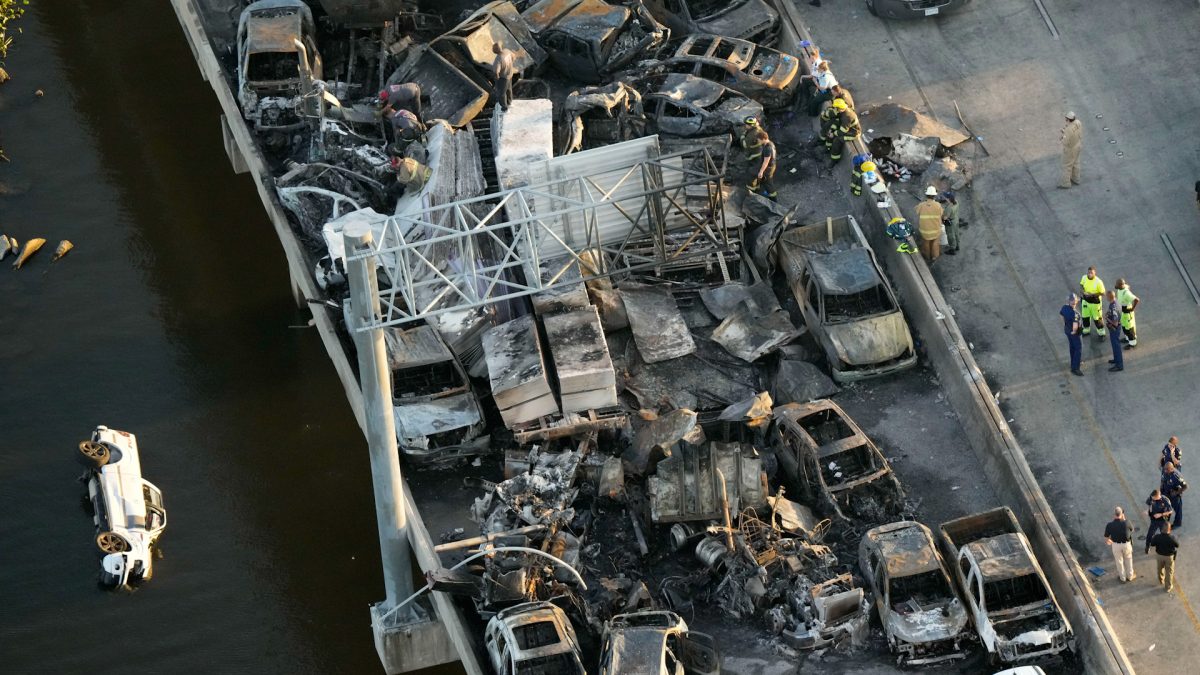Just a few days ago experts could not foresee an end to the Hollywood strikes. However, new agreements between the involved parties seemingly predict a de-escalation of conflict. The 2023 writers and author’s strikes in Hollywood are the first Hollywood work stoppage in the last 16 years. What circumstances led to the month-long strike and what solutions are being organized?
Today’s current events can be traced back to March 7th, when the Writers Guild of America (WGA) announced that nearly 99% of its members desired increased pay, staffing requirements, and protections from AI job interference. The WGA is a collective group that represents writers in film, television, radio, and online media from the East and West sides of the country.
Writers were especially concerned about the use of AI in the film industry. Aside from script writing, film makers use AI to efficiently create backdrops and props from scratch, with minimal human involvement. This use of AI significantly reduced production times for films and was relatively inexpensive. Thus, the WGA brought their qualms to the Alliance of Motion Picture and Television Producers (AMPTP) around the middle of March, and negotiations eventually stalled.
By May 1st, the groups failed to create an agreement in time to meet their previously scheduled deadline. Subsequently, the WGA strikes were approved by a 97.9% vote of the WGA members. After the movement’s commencement, the strike received support from several actors. On May 2nd, the strikes officially stopped work and late night programs ended. Over the course of the next month, certain production companies, the hosts of TV shows, and the hosts of awards shows began to side with the WGA. Surprisingly, a few hosts decided to step down from their positions to stand in solidarity with the authors and script-writers.
Shortly thereafter, 98% of the Screen Actors Guild – American Federation of Television and Radio Artists (SAG-AFTRA) voted to go on strike (for most of the same reasons as the WGA) if an agreement with the AMPTP was not reached by June 30th. Seven days before the deadline, the Directors Guild of America agreed to a new contract with the AMPTP in which wage increases, better residuals, and protections against AI tools were ensured.
In July, a news report from Deadline added kindling to the flame. The author proclaimed that Hollywood production studios planned to let writers go broke before reaching an agreement. As one would predict, the AMPTP publicly refuted this claim.
On the 13th of June, the members of SAG-AFTRA joined the WGA on strike, resulting in an indefinite cessation in movie and television production. Even though the movie was already produced, the cast of Christopher Nolan’s blockbuster movie, Oppenheimer, walked out of the film’s UK premiere. In late July, SAG-AFTRA expanded the reach of the strike and threatened social media influencers. SAG-AFTRA warned that social media influencers will be barred from SAG-AFTRA if they promote or collaborate with any blacklisted studios or streaming platforms.
In early August, the WGA and AMPTP finally held a negotiation meeting, but while the AMPTP agreed to a few of the WGA’s requests, including the request for protections against AI, the AMPTP was not willing to discuss any of the WGA’s other proposals. Thus, by August 9th, the strike reached its 100th day, and there was no foreseeable end. One hundred days in, the strike had a devastating cost for California’s economy, it suffered an economic loss of three billion. For companies like Warner Bros, the strike will make them lose $500 million in potential profits from their yearly estimated earnings.
Reaching a deal between the WGA and the AMPTP is particularly important, because it means that the AMPTP can focus on reaching a deal with SAG-AFTRA as well. For a while, there was no foreseeable end due to the persistence of both sides but recent developments indicate otherwise. After five days of continuous negotiations, the WGA released a statement that explained an agreement was reached, pending drafting and finalizations. After finalization but before implementation, the agreement must be ratified through a vote by WGA members.
Despite the creation of an agreement, members of the WGA will remain on strike until they are authorized to return to work by the Guild. However, as of September 25, writers placed down their WGA pickets and joined the SAG-AFTRA picketers who supported the WGA months beforehand.
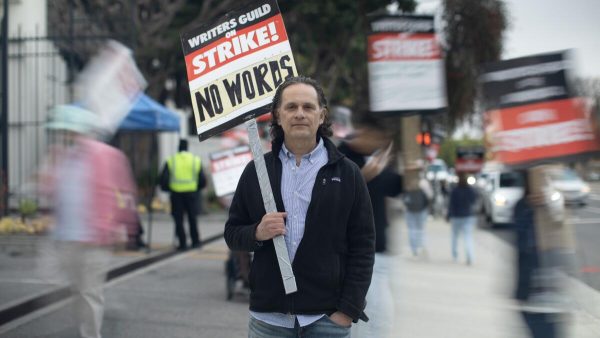
https://www.nbcnews.com/pop-culture/pop-culture-news/still-no-end-sight-hollywood-strikes-rcna104179
https://www.axios.com/2023/09/25/wga-writers-strike-hollywood-studios-deal

